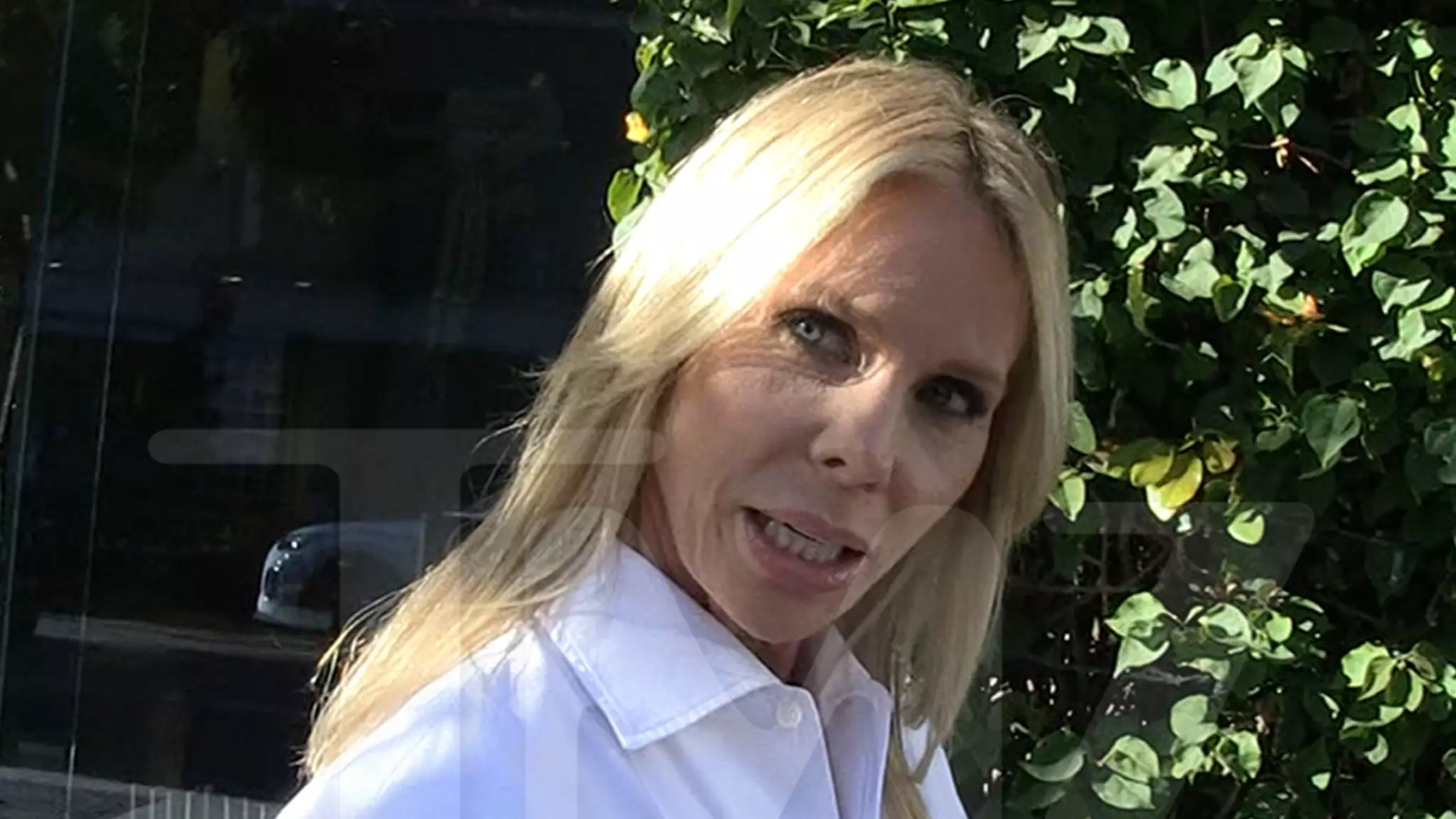Recently, a seemingly innocuous photograph captured Robert F. Kennedy Jr., a notorious advocate for health consciousness, indulging in a fast-food meal alongside President-elect Donald Trump. This snapshot has sparked quite the conversation, particularly with the visibility it brings to the juxtaposition of Kennedy’s health advocacy against the backdrop of Trump’s well-known fast-food preferences. With Donald Trump recently nominating Kennedy for the Secretary of the Department of Health and Human Services, this contrasts raises important questions about dietary choices, public perception, and political influence.
Health Advocacy vs. Reality
Kennedy has long been an outspoken opponent of processed foods, often labeling the average American diet as “poison.” His health campaign, which ironically incorporates the infamous Trump slogan “Make America Great Again” into his own twist, “Make America Healthy Again,” highlights a distinctive conflict apparent in this public dining scenario. A man who campaigns for reform in food regulation was seen reveling in the very foods he typically criticizes. This photograph has raised eyebrows as observers wonder how this apparent inconsistency aligns with his future role in the health sector.
Cheryl Hines, Kennedy’s wife, defended him, asserting that his indulgence was a fleeting moment intended to foster camaraderie with Trump and other prominent figures like Elon Musk and Don Jr. She emphasized her husband’s strong-willed nature, suggesting that this singular slip into fast food would not derail his long-term dietary commitments. However, it does prompt us to consider the effect that proximity to figures like Trump—who maintains an affinity for fast food—might have on his dietary choices.
While it is clear that political affiliations can influence public receptivity to one’s stances, the implications of Kennedy’s dietary indulgence could be more profound. It raises the question of whether his potential policy initiatives on nutrition might align with a more moderate approach owing to such political dynamics.
Cheryl also explained that Kennedy’s decision to break bread in this manner signals a willingness to expand his culinary scope. While this may be interpreted as a symbol of political concession or alliance, it also offers a glimpse into a more human side of Kennedy—one that balances personal values with the demands of public life. The insistence on maintaining some personal pleasure, even amidst strong advocacy for health, underscores an essential truth: the complexities inherent in personal and public identity.
As Kennedy prepares for potential movement to Washington, D.C., where fast-paced dining is commonplace, it will be interesting to observe how he navigates not only the political sphere but also his dietary inclinations. Will he integrate healthier habits within a social dining context, or will the pressures of his political environment draw him further into fast-food habits? Despite Cheryl’s suggestion that he keep healthy snacks at hand, the reality of his new routine remains to be seen. The intersection of diet, politics, and personal identity holds extensive implications for Kennedy, making it a critical element to monitor in the coming months.

